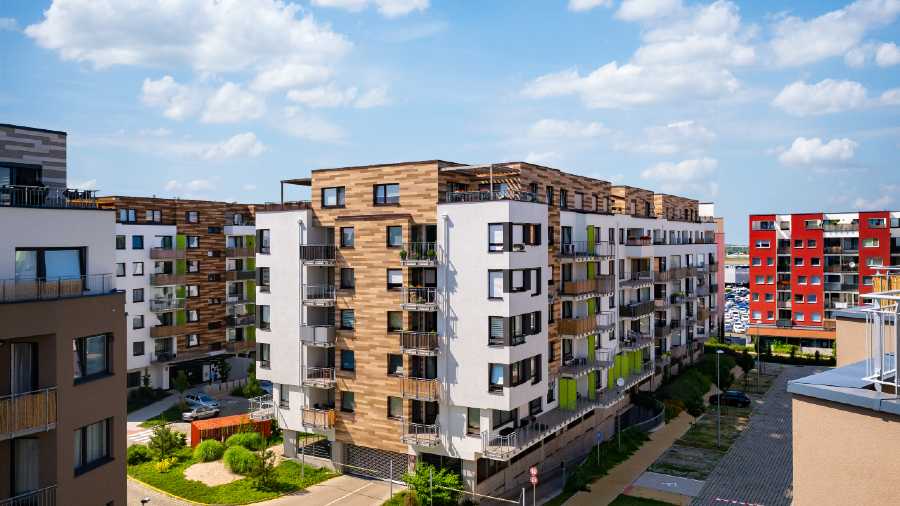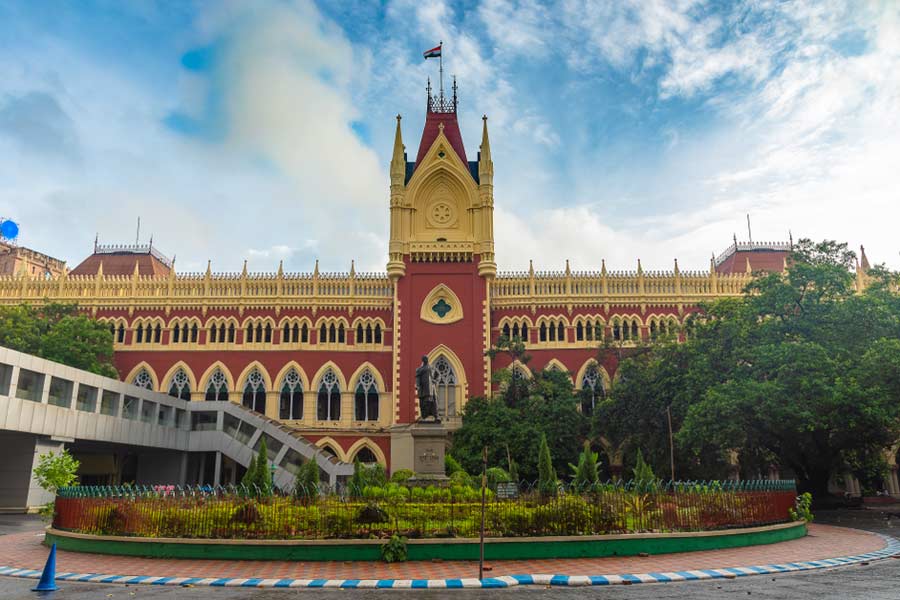Real estate developers welcomed the government's decision to hike the outlay for the Pradhan Mantri Awas Yojana to Rs 79,000 crore, saying it will boost supply-demand of affordable housing, but rued that there were no immediate "booster shots" for the sector in this year's Budget.
Property developers and consultants also termed the Rs 10 crore cap on deduction from capital gains on investment in residential property as a big deterrent.
The outlay for PM Awas Yojana (PMAY) is being enhanced by 66 per cent to over Rs 79,000 crore, Finance Minister Nirmala Sitharaman said in her Budget speech.
Many developers were unhappy that their long-pending demands of industry status for the real estate sector, single-window approval system, increase in size of stress fund SWAMIH to complete stalled projects and higher deduction on interest paid on home loans were not met in this Budget.
CREDAI President Harsh Vardhan Patodia said an increased capital outlay of Rs 10 lakh crore, a hike in PM Awas Yojana outlay and a Rs 9,000 crore credit guarantee scheme for MSMEs will have a positive multiplier effect on economic growth and help realise the Prime Minister's vision for 'Housing for All'.
Niranjan Hiranandani, Vice Chairman, NAREDCO, said the incremental PMAY allocation will give impetus to affordable housing. Rebates in personal tax will permit additional disposable income in the hands of the discerning homebuyers to be invested back in a safe asset 'home'.
"The capital gain tax benefit on the sale of property above the value of Rs 10 crores is sought to be withdrawn. Families are liable to pay capital gain tax which will disincentivise families to buy multiple properties as a security provision for their children," he added.
Anarock Group Chairman Anuj Puri said the new measures announced in the Union Budget will certainly help unleash the Indian economy's potential.
"However, from a real estate point of view, there were no major direct announcements that could be seen as immediate booster shots," he added.
The enhanced allocation for PM Awas Yojana is certainly a boost for affordable housing, which was flagging due to increased input costs and also because the buyers in this segment, mostly from the unorganised sector, were still reeling under the impact of the pandemic, Puri noted.
Tata Realty and Infrastructure Ltd MD and CEO Sanjay Dutt said: "From a real estate industry point of view, the budget has been disappointing." The sector was taken aback by the capital gains set off on investment in residential homes under Section 54, which is now capped at Rs 10 crore, he said, adding that this has been done to remove the speculative nature of the asset class with HNIs/UHNIs.
"The industry actually wanted the real estate sector as an asset class to be encouraged with investors," Dutt said.
Anshuman Magazine, Chairman and CEO - India, South-East Asia, Middle East & Africa, CBRE, said the government should reconsider its decision to impose the Rs 10 crore cap on deduction for reinvestment in residential properties.
Rajeev Talwar, former CEO of DLF, hailed higher allocation in the PMAY but said the government should have announced more incentives to further boost the real estate sector that has been performing well post COVID pandemic.
Abhishek Lodha, MD and CEO of Macrotech Developers, said the Budget has unleashed the forces of growth in India.
"The government has not only focused on creative, productive capital expenditure and growing our infrastructure, but also put money in the hands of the hardworking Indian consumer. With both these steps together, it will unleash and sustain India's growth trajectory and help it overcome the challenging global conditions," he said.
Pradeep Aggarwal, chairman of Signature Global, which is into affordable housing, said the increase in PMAY's budgetary allocation is "good news" for affordable housing and will help countless Indians realise their home aspirations.
Colliers India CEO Ramesh Nair said the increase in outlay of PMAY will go a long way in bridging the gap between demand and stock in affordable housing. "Further, expected changes in income tax slabs will result in higher disposable incomes, boding well for prospective homebuyers, mainly in the affordable and mid-segment," Nair said.
Amit Goyal, CEO, India Sotheby’s International Realty, said: "The proposed cap on deduction from capital gains on investment in residential property under sections 54 and 54F to Rs 10 crore can be a big deterrent for the housing industry. We sincerely appeal to the government to reconsider this limit as the cost of residential property has moved up significantly in tier 1 cities over the last 2-3 years." The Budget is a balanced one for the economy while missing out on key real estate sector demands, said Samantak Das, Chief Economist and Head of Research and REIS, India, JLL.
In the Budget, the government imposed a limit of Rs 10 crore for deduction on long-term capital gains tax for reinvestment in residential properties under Section 54 and 54F of the Income Tax Act. These two sections deal with reinvestment of proceeds from sale of long-term assets (housing or other capital assets) to buy residential properties.
Except for the headline, this story has not been edited by The Telegraph Online staff and has been published from a syndicated feed.











